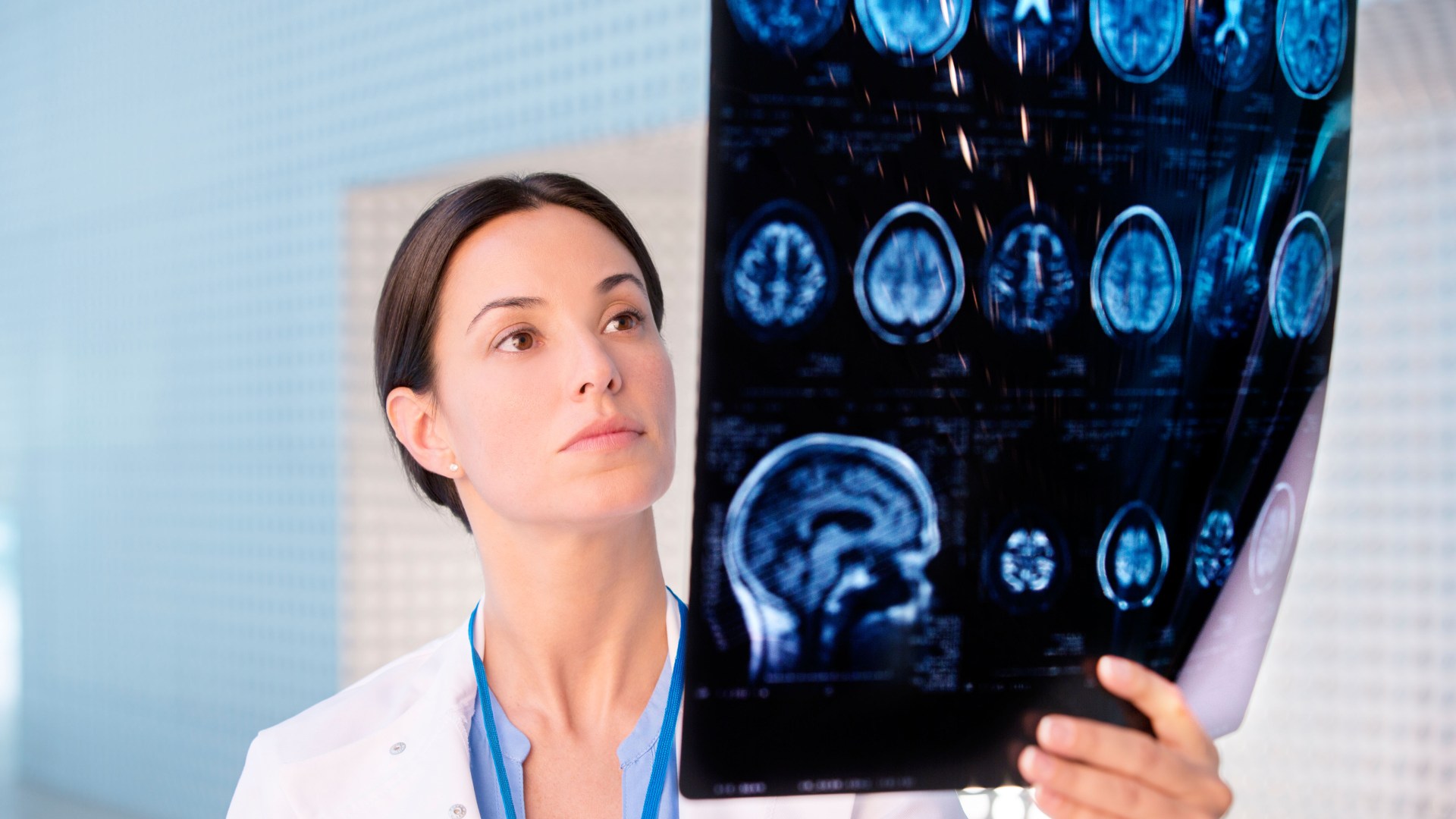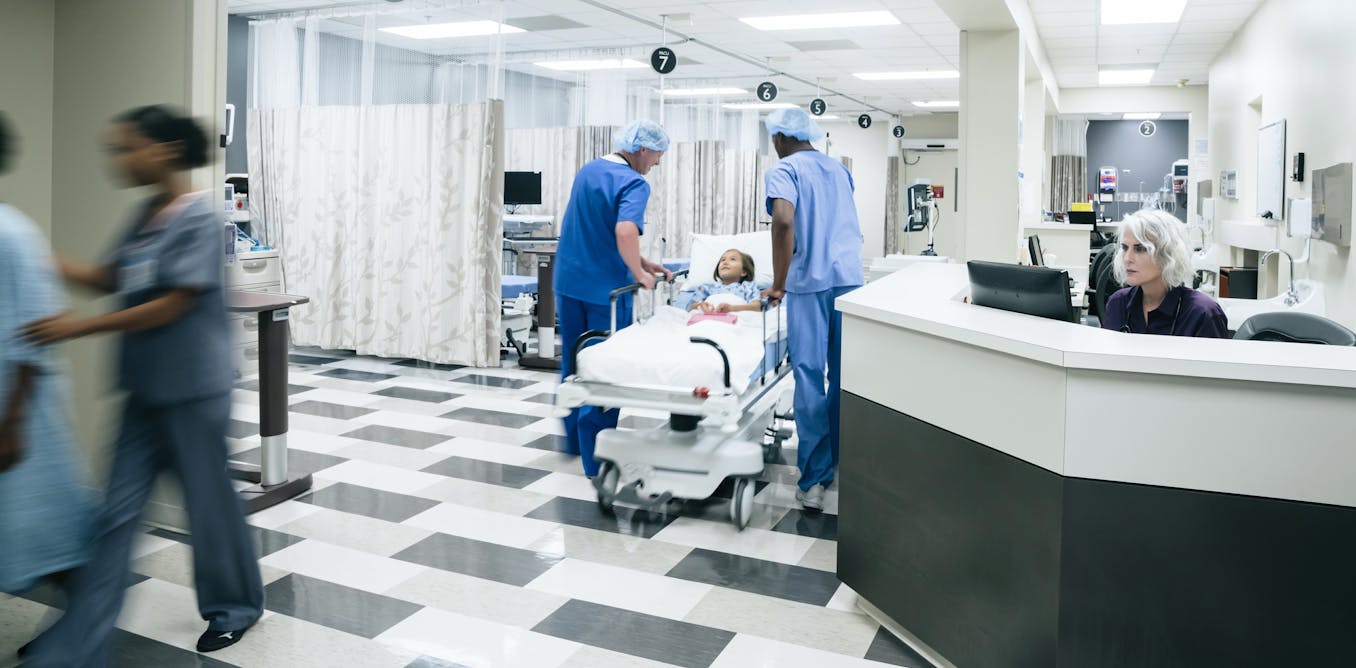EIGHT in 10 people at risk of dementia will miss out on blockbuster new drugs, experts warn.
Many with memory trouble will not be eligible because they have the wrong type of illness or are too far gone, and poor access to NHS tests could thwart others.
1
Research by University College London estimated just 14 per cent of memory clinic patients could benefit.
First-in-class drugs that claim to slow and even prevent Alzheimer’s disease could be approved for NHS use this year.
Groundbreaking studies suggest lecanemab and donanemab are the first to ever stave off the illness, the leading cause of dementia, and slow down brain decline for years.
But they must be given at the first signs of trouble to clear out toxic proteins from the brain before they do too much damage.
The NHS is a long way from doing this testing routinely
David Thomas
Writing in the Journal of Neurology Neurosurgery & Psychiatry, UCL’s Professor Rimona Weil said: “While a sizeable proportion of patients attending memory clinics may be referred, only a minority are likely to be suitable for these drugs.”
The study analysed 1,017 patients at NHS memory clinics in London in 2022.
It looked at their exact diagnosis, the stage of disease, other serious illnesses and their overall health and frailty.
When people were ruled out due to ill health or advanced disease, only 14 per cent – one in seven – would be eligible to receive the drugs, it said.
They carry serious side effect risks, ruling them out for weaker patients, and are unlikely to work for those whose brains are already too damaged or have other dementia types.
Experts also warn the NHS does not have the capacity to accurately diagnose people early enough for them to benefit from the drugs.
About a million Brits have dementia and it is the UK’s leading cause of death.
David Thomas, head of policy at Alzheimer’s Research UK, said: “The NHS is a long way from being able to do this testing routinely.”
Dr Alex Osborne, of the Alzheimer’s Society, added: “More than a third of people with dementia don’t have a diagnosis at all.”
What are the early symptoms of cognitive decline?
WE all notice a natural decline in memory and thinking as we age.
This will be more pronounced in some people, as they experience memory and thinking problems that are mild but still noticeable.
This is described as mild cognitive impairment (MCI). Unlike dementia sufferers, people with MCI can still get on with day-to-day life.
Research suggests that two out of 10 people over the age
of 65 have MCI, according to Alzheimer’s Research UK.
About one in 10 people who’ve received an MCI diagnosis will go on to develop dementia.
Symptoms of MCI include:
Memory – Misplacing items or having trouble
remembering recent conversations.
- Attention problems – finding it difficult to concentrate,
e.g. while watching a TV programme or carrying out
duties at work - Disorientation – confusion about time, date or place
- Thinking skills – problems with planning or completing
tasks, e.g. managing money, or cooking a meal - Problems with communication and finding the right words
- Mood and behaviour changes – becoming irritable, anxious,
or feeling low
These symptoms may affect someone with MCI all the
time, or they might come and go.
There are steps we can take to keep our brains as healthy as possible. These include:
- Not smoking
- Doing regular physical activity
- Staying mentally and socially active
- Eating a healthy balanced diet
- Limiting the amount of alcohol we drink
- Having your hearing checked regularly
- Keeping blood pressure, blood sugar and cholesterol
levels in check




